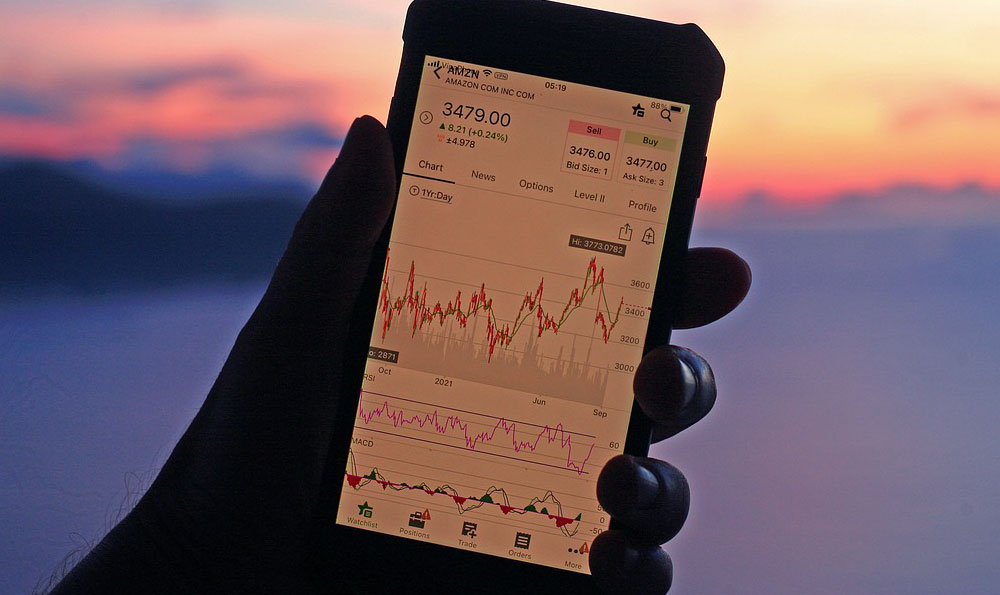The average pay for a security guard serves as a critical benchmark for individuals considering a career in this field, offering insights into income expectations and the factors that influence earnings. While salaries can vary significantly depending on location, experience, and employment sector, understanding these nuances provides a clearer picture of what one might anticipate. In many countries, the role of a security guard has evolved beyond mere physical presence, now encompassing a wide range of responsibilities that demand a combination of training, vigilance, and adaptability. This evolution has, in turn, led to more diverse compensation structures that reflect these added skills and the dynamic nature of the job market.
In North America, the average hourly wage for a security guard typically hovers around $15 to $25, translating to a yearly salary of approximately $31,000 to $52,000. However, this figure can fluctuate based on the specific employer and the type of security work involved. For example, guards employed by private firms such as event security services or corporate security teams often enjoy higher pay compared to those working for government agencies or local businesses. In urban areas where living costs are elevated, a security guard's income can be more substantial, sometimes reaching upwards of $35 per hour. Conversely, in rural regions, the compensation tends to be lower, though this may be offset by reduced competition for job roles.
Across Europe, the average security guard salary demonstrates a similar variance, with higher figures in countries like Germany and the United Kingdom, where the average hourly wage ranges from $18 to $30. In contrast, nations with lower economic stability may offer salaries closer to $10 to $15 per hour. This trend reflects not only the cost of living but also the level of demand for security services. For instance, in bustling metropolitan centers such as London or Paris, security personnel may earn more due to the heightened risk of crime and the need for round-the-clock protection. Additionally, the introduction of advanced technological systems for surveillance and monitoring has expanded the scope of duties, often leading to increased income as guards must learn to operate these tools effectively.

In Asia, the average pay for a security guard can be highly variable, depending on the country's economic landscape and the nature of the security work. In countries like Japan and South Korea, where there is a strong emphasis on safety and order, the average hourly rate ranges from $12 to $22, which corresponds to an annual salary of approximately $25,000 to $46,000. In contrast, nations such as India or the Philippines may offer lower wages, sometimes reaching around $7 to $12 per hour, but these figures can be higher in specific regions where the demand for security is particularly high. The salary disparity in some areas is also influenced by the industry. For example, security guards working in the hospitality sector may receive more competitive pay due to the seasonal nature of the work and the high turnover among employees.
The pay for a security guard is not solely determined by geographical location; factors such as experience, education, and the type of security work also play a pivotal role. Entry-level guards often earn less, with salaries starting around $10 to $15 per hour, but as they gain experience and demonstrate proficiency in their duties, they can climb the pay ladder. Advanced training programs, such as certified security officer courses, can lead to higher positions and potentially higher wages. Additionally, guards with specialized skills, such as knowledge of emergency response or proficiency in languages, are often paid more due to their ability to handle complex situations.
Work environment and job responsibilities also affect the average pay for a security guard. Guards working in high-risk areas, such as industrial facilities or sports events, may command higher salaries than those in low-risk environments such as office buildings or residential areas. Shift work and night duties can lead to additional compensation, as these hours often require extra vigilance and may impact a guard's work-life balance. Moreover, the introduction of technology has led to the emergence of new roles, such as security technology specialists, which come with a different compensation structure.
Looking ahead, the average pay for a security guard is expected to increase due to the growing demand for security services. As globalization continues to drive economic and social changes, the need for safety personnel is projected to rise, particularly in high-risk regions. This demand, combined with the increasing complexity of security work, is likely to lead to higher salaries for guards who possess the necessary skills and adaptability. Additionally, the trend of outsourcing security services may lead to more competitive pay as companies seek to attract and retain skilled personnel.
For individuals interested in pursuing a career in security, understanding the average pay can be a valuable tool. However, it is also essential to recognize that this figure is just a starting point, and factors such as education, experience, and job performance can significantly affect a guard's income. As the security industry continues to evolve, so too will the earning potential for those who choose to enter this field. Whether seeking a stable income or aiming to grow within the industry, the average pay for a security guard provides a useful reference, even as other factors determine the actual earnings.












